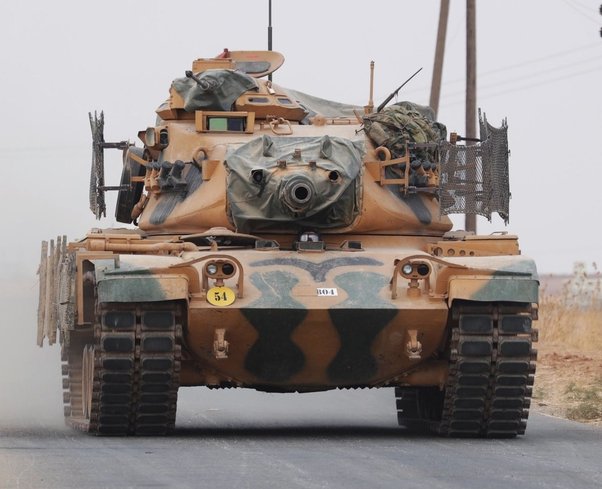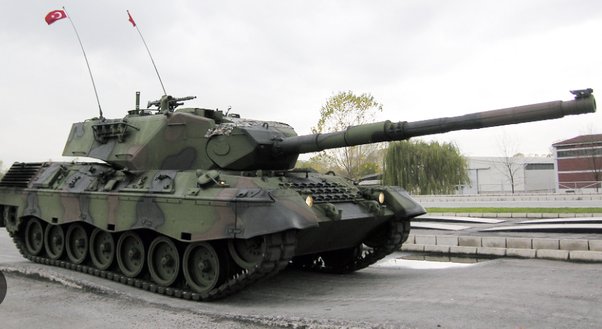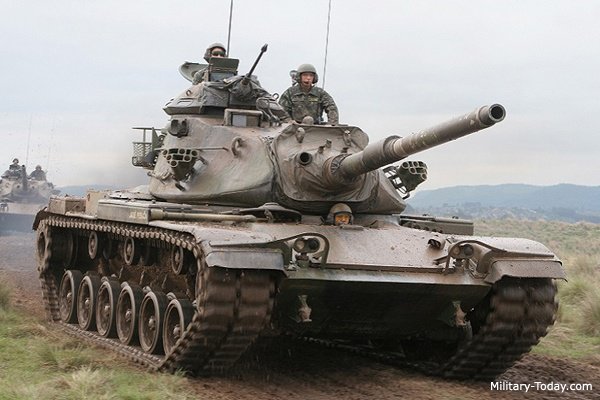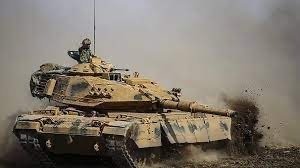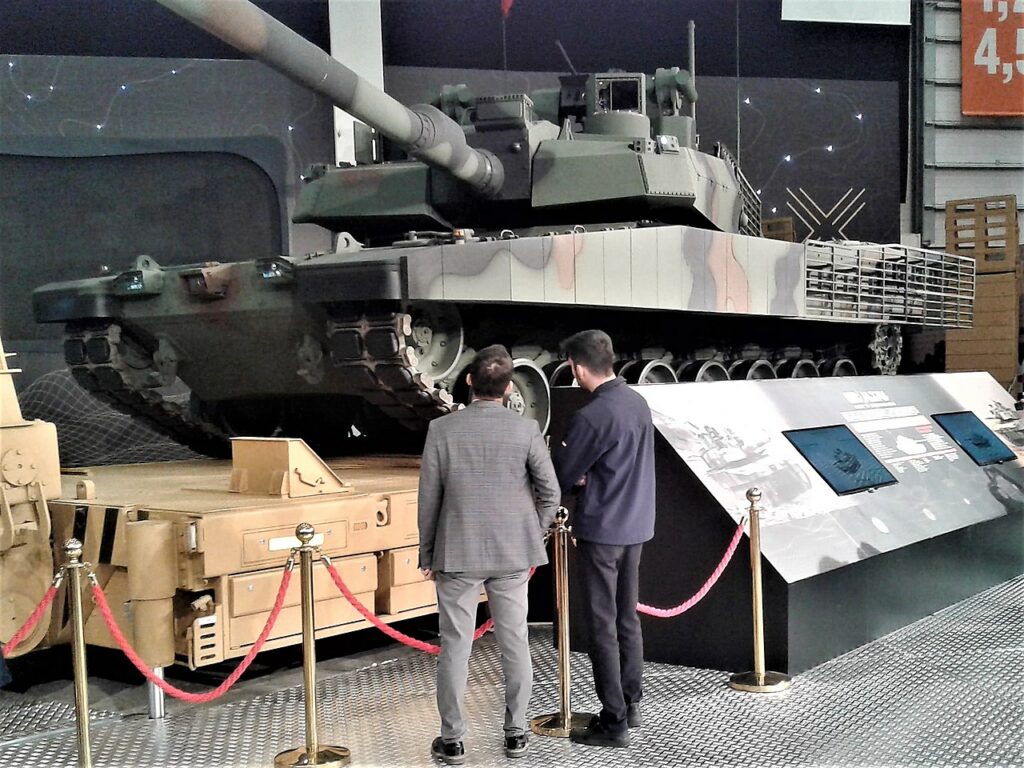Ankara Must Also Choose Engine for Indigenous Fighter

Turkey suspended its order for two F-35 joint strike fighters this year, citing costs and technological issues. (Lockheed Martin)
FILED UNDER
World News
Europe
ANKARA — Turkey’s procurement authorities will reissue an order for the first two F-35 joint strike fighters the country intended to buy but suspended at the beginning of this year.
“We will submit a request to the Defense Industry Executive Committee in December or January to renew our order for the first two aircraft,” Turkey’s top procurement official, Murad Bayar, said.
The Defense Industry Executive Committee, chaired by Prime Minister Recep Tayyip Erdogan, is the ultimate decision-maker on procurement. Its other members are Defense Minister Ismet Yilmaz, Chief of General Staff Gen. Necdet Ozel and Bayar.
Ankara cited rising costs and technological issues for its Jan. 10 decision to postpone an order to purchase its first two F-35 fighter jets.
But top procurement officials admitted at that time that there was a “certain degree of psychological deliberation at work, too.” Turkey did not want to “stand alone in the dark’’ on the program, said an official with Turkey’s procurement agency, (SSM), which Bayar heads.
“We must make a decision [on the first order] by mid-January,” Bayar said. “The delay in placing the order has worked to our advantage in terms of price, more stable costs and technology.”
After the initial purchase of the two jets, Turkey plans to order 100 stealth fighters to replace its F-4 Phantoms and F-16 Fighting Falcons. Bayar said Turkey remains committed to the full acquisition.
Turkey is one of nine countries that are part of a US-led consortium to build the F-35 fighter. The others are Britain, Canada, Italy, the Netherlands, Australia, Norway and Denmark.
Turkey announced in March 2011 that it was placing its order for 100 jets on hold due to US refusal to provide adequate access to the aircraft’s source codes. Ankara said negotiations for access to the codes, including codes that can be used to control the aircraft remotely, had not yielded satisfactory results, and under these conditions, Turkey could not accept the aircraft. The issue remains unresolved.
Indigenous Fighter
Meanwhile, Bayar said the SSM is satisfied with mentoring services it receives from Saab, maker of the JAS 39 Gripen, for an ambitious Turkish program that foresees the design, development and production of what Turks claim will be the country’s first indigenous fighter jet.
“We are content with Saab’s services so far. The critical issue is the engine. Should we select an engine and design our aircraft in line with that engine’s requirements, or should we design the aircraft and select the appropriate engine afterwards? That is the main challenge in the program,” Bayar said.
He said the government should be able to make a decision on the engine for the program, dubbed TF-X, in December or January. “Alternatively, we may decide to work on this a bit more,” he said.
Bayar said Turkey would choose between European and US engine manufacturers. “In terms of thrust and overall performance, US options come closer to the specifications we have in our mind,” Bayar said.
Ankara has already drafted three models, one of which likely will become its first indigenous fighter.
Saab has been assisting TF-X under a deal that oversees “pre-conceptual design” for the program.
According to a draft plan, Turkey is aiming for a maiden flight for its national fighter jet in 2023, the Turkish Republic’s centennial. Production would commence in 2021, and deliveries to the Air Force are planned between 2025 and 2035. The aircraft would remain in service until 2060.
Saab produces the JAS 39 Gripen, a lightweight, single-engine multirole fighter. Saab has cooperated with other aerospace companies in marketing the aircraft and has achieved moderate success in Central Europe, South Africa and Southeast Asia. More than 240 Gripens have been delivered or ordered.
In 2010, Sweden awarded Saab a four-year contract to improve the Gripen’s equipment, integrate new weapons and lower operating costs. Last August, Sweden announced it planned to buy 40 to 60 Gripen NGs. The Swedish order followed Switzerland’s decision to buy 22 E/F variants of the jet.
For its fighter program, Turkey hopes to copy the method devised to co-produce T-129 attack helicopters with Italian-British AgustaWestland.
via Turkey To Reissue F-35 Order | Defense News | defensenews.com.
